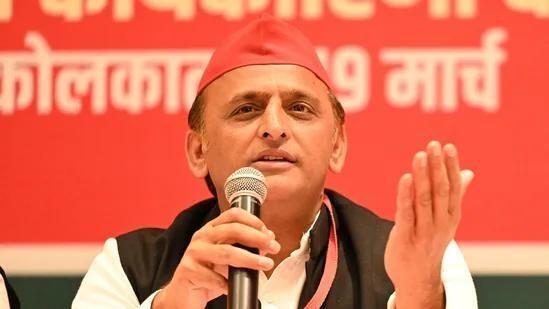 |
|
The recent Supreme Court ruling halting bulldozer demolitions across India has sparked significant political reactions, particularly from the Samajwadi Party. Akhilesh Yadav, the leader of the party, expressed gratitude towards the court for issuing an interim order, effectively putting a stop to these demolitions until the next hearing on October 1st. Yadav's statement highlighted the controversial use of bulldozers as a tool for demolition and its association with the ruling BJP government.
Yadav's comments directly addressed the perceived glorification of the 'bulldozer' by Chief Minister Yogi Adityanath and the BJP. He asserted that the use of bulldozers was being presented as a form of justice, a claim he refuted. The Supreme Court's intervention has created a significant turning point in the narrative surrounding these demolitions, potentially shifting the balance of power between the judiciary and the government.
This incident reflects the growing tension between the judiciary and the executive branch, especially in the context of controversial actions like the use of bulldozers for demolitions. The Supreme Court's role in setting limits on the government's power and ensuring due process underscores its importance as a guardian of constitutional rights and justice. The implications of this court ruling extend beyond the immediate issue of bulldozer demolitions, raising broader questions about the balance of power and the rule of law within the Indian political landscape.
